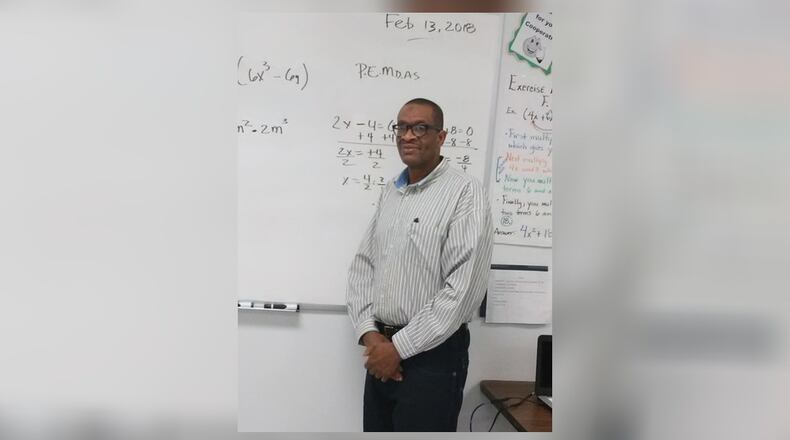The chances he would fail as a free citizen were “10 out of 10” so Byron Ferguson turned down an opportunity many of the 50,000-plus Georgia prison inmates would jump at: Parole.
“I’m not ready,” Ferguson said when his counselor told him the first week of February he would be paroled in seven days. As he approached the final year of a three-year sentence, he feared he no longer knew how to survive outside of prison.
Ferguson, 56, has spent almost all his adult life in and out of prison. He’s been arrested 79 times and in prison 10 times since 1987 – all for nonviolent crimes he committed so he could buy drugs – theft by deception, theft by taking, credit card theft and breaking into cars.
With the hope of breaking that cycle, Ferguson fought for and won a place inside one Georgia’s 13 transitional centers. There, he can work at an outside job and learn new skills for avoiding old habits. But the programs remain stubbornly small, despite a growing demand for them.
At any given time, the state can house about 2,400 inmates at its 13 transitional centers. That number has held steady for decades, but with about 17,000 inmates released from prison each year, the need is far greater.
“Everybody wants to be free. I want to be free…” Ferguson said just hours after he turned down parole. “But I knew in my heart I was setting myself up for failure.”
Ferguson said he will ask the Parole Board to consider granting him parole this summer. If they turn him down, he might stay in the the Charles D. Hudson Transitional Center in LaGrange until the end of the year when he will have served every day of his three-year prison sentence for burglary, entering an auto and theft by taking.
He sees it as a fair trade for a chance to do better.
“Life is easier on the inside sometimes,” Ferguson said during a recent phone call from the center just before leaving for work. “Free society don’t function according to the rules behind the razor wire.”
About the Author
The Latest
Featured


